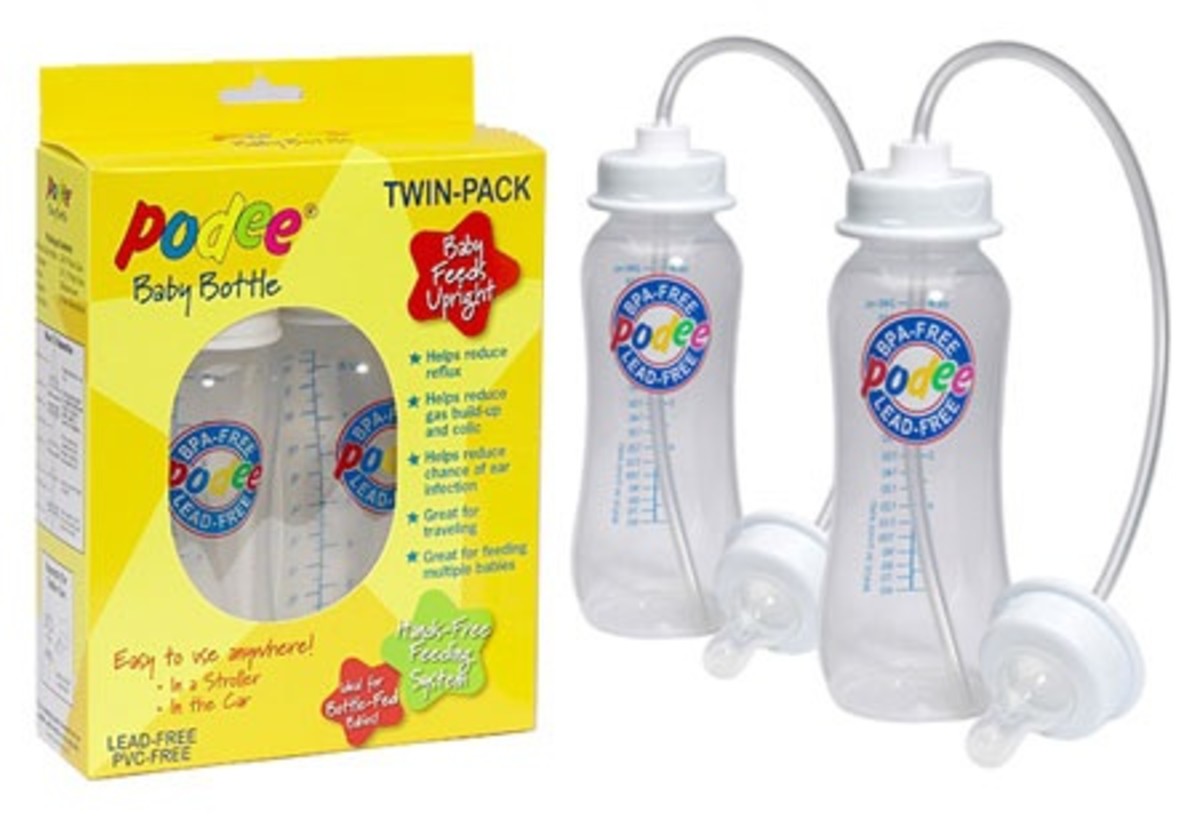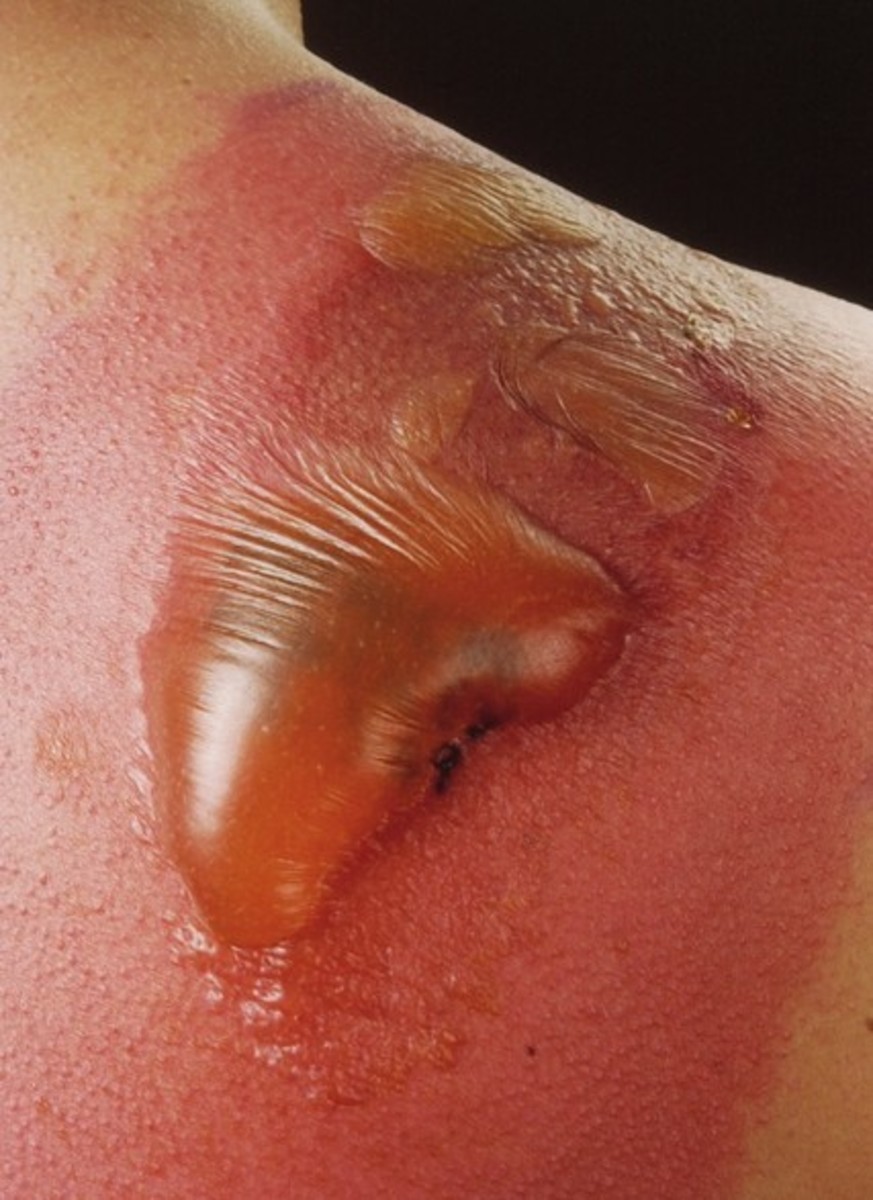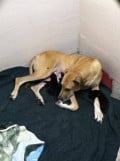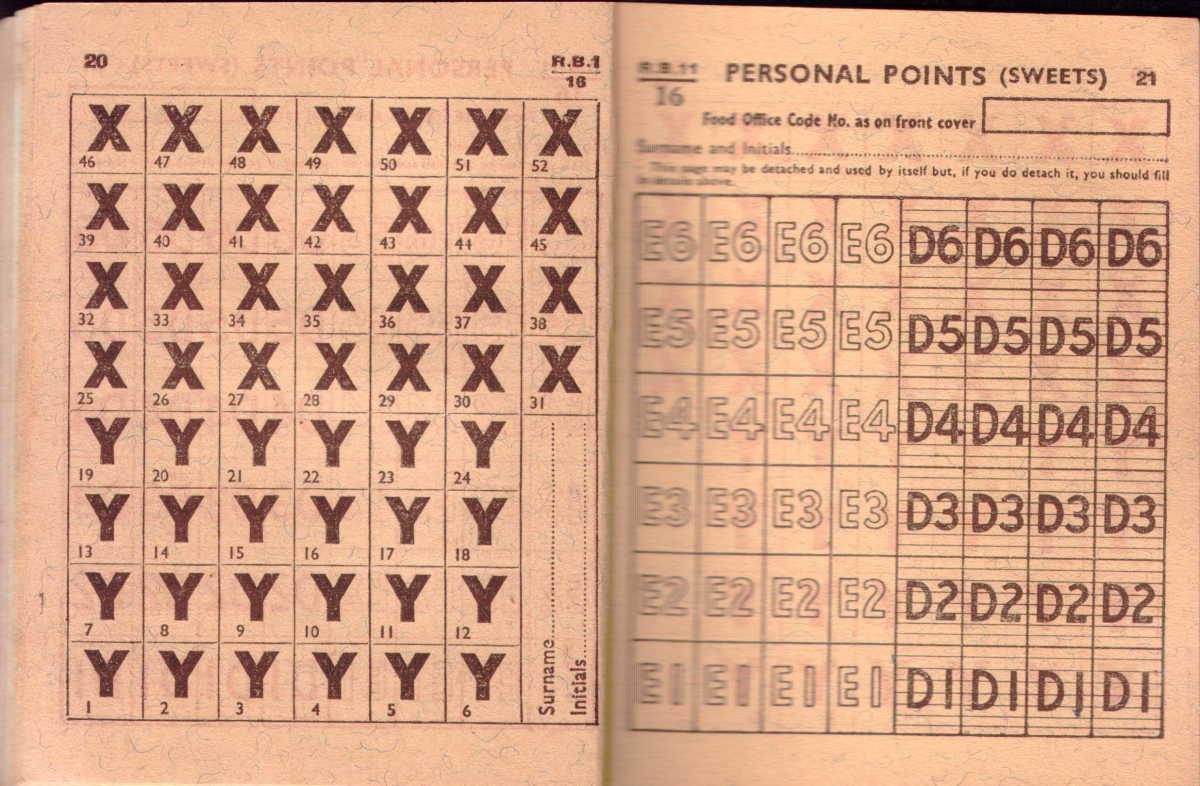How To Prevent Bacteria Infection In Baby's Formula
Bacteria Infection In Baby's Formula
Bacteria Infection in baby's formula is a problem that's all so common due to the way parents and caregivers of infant children handle, prepare, or store their baby's formula. This hub deals with have several tips on how the preparation and storage of infant formula.

It's been over five years since I last trifled with baby bottles and formula, but lately with the birth of nieces and nephews, and babies of my church family, the subject of proper diaper care and baby formula preparation has been front and center everywhere I turn.
It just seems that there's always something in the news about infant formula bacterial infections and baby product/formula recalls. A recent one being an infant formula recall, formula pulled off the shelves by the big gun in the grocery chain, WalMart. This happened December of 2011 after a 10-day-old infant in the State of Missouri died from a formula bacterial infection called, Cronobacter sakazakii. This just proved how very serious this subject is.
This type of bacterial infection, Cronobacter sakazakii, is usually found in powdered infant formula. So what steps can parents of infant babies take to prevent this and other types of bacterial infection from developing in their infant's formula? Let's see how these simple steps outlined below can help to prevent formula contamination during preparation, handling, & feeding.
A Must Read!
- FDA 101: Infant Formula
Offers information parents and soon-to-be parents should know about infant formula. Also has details about FDA regulation of infant formula - On Cronobacter sakazakii | Food Safety News
It goes without saying that absolute cleanliness and avoidance of temperature abuse must be observed in the reconstitution and handling of formula for neonatal feeding.
All About Cronobacter sakazakii
Practice Proper Hand Washing Before Formula Preparation
The first and most important step to preventing bacterial contamination during preparation, handling and feeding of your infant baby or babies is proper hand-washing. No matter how busy you are as a parent, especially if you have multiples, you've got to master the art of washing your hands thoroughly before preparing your infant(s) formula. This cannot be over-emphasized.
Washing your hands for a good 20 seconds with soap and warm running water is very important. If you find yourself in a place where there is no water, use gel, alcohol base hand sanitizers. This type of hand sanitizers that contains a minimum of 60 to 95% alcohol have been found to be more effective in killing germs.
Sterilize or Wash Baby Bottles Thoroughly
It is your duty as a parent to take proper care of your infant's feeding bottles to prevent bacterial infection that can result from using poorly cleaned feeding bottles or units. Infant feeding bottles need to be properly washed as directed on package by the manufacturer before use. Extra steps can be taken by sterilizing these bottles, including the nipples.
Bottles can be sterilized by inserting in boiling water over the stove, or by sterilizing them in the microwave. Although some people believe that sterilizing infant bottles is not necessary, the truth is, you're better off doing it than not doing it, and then wish you had.
Avoid Feeding Left Over Formula To Your Infant
One of the bad habits I have observed in parents of infants is the habit of feeding left-over formula to their babies. I'm not talking about feeding intervals during which an infant is allowed to burp before continue feeding. I'm referring to a couple of ounces of formula that is left over from the feeding. This is then stored away, sometimes in the refrigerator, only to be fed to the infant at a later time. This is unacceptable!
Never feed left over formula to your infant baby. There is a chance that harmful bacterial can find their way into the formula through baby's mouth during the sucking process. The last thing you want is to feed contaminated formula to your baby.
After each feeding, throw away any left-over formula, follow proper care of the bottle, and store bottle away in a dry clean rack or container.
Avoid Having Baby Formula Prepared By A Third Party
As the parent of an infant, you may not always be there 24/7. So, if you have to leave your infant in the care of a care-giver because who work outside of the home, always pre-mix enough formula to be fed to your infant. As much as it is possible, avoid having your baby's formula prepared by someone other than you or your spouse. Pack your own boiled water in a flask, and several one-serving portions of the powdered mix if possible.
If you're using an alternative to powdered formula, you can pre-pour feeding portions into individual bottles, so that all that's needed to be done by the caregiver is heat it up for feeding. The less contact others have with your baby's formula, the less chance your baby may be exposed to formula contaminants.
It's All Worth It
Proper care of your infant's bottle and careful preparation and storage of the formula may not seem like much, but believe me, it will go a long way to help curb the menace of infant formula contaminants. And most of all, you have the peace of mind that your baby is safe because you're doing everything you can to keep them safe and healthy.
______________________________________________________________
Do you love to write? Do you have a passion for sharing with others what you know? You can do that by signing up right here on hubpages. And guess what? You'll make some money doing it too.
Author: Comfort Babatola - © 2013








